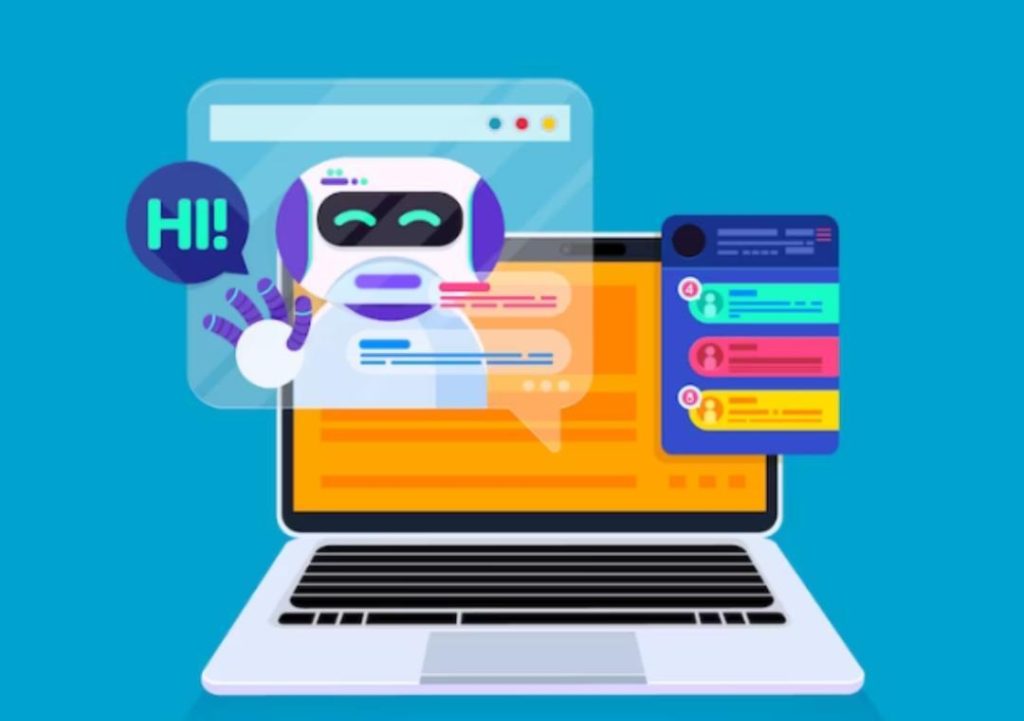
Virtual Assistants & Chatbots Power 24/7 eCommerce Support
In today’s fast-paced digital landscape, customers expect instant gratification when it comes to support and assistance. With the rise of online shopping, businesses are under pressure to provide efficient and personalized support 24/7. This is where virtual assistants and chatbots come into play, revolutionizing the way eCommerce companies interact with their customers.
AI-driven chatbots are transforming customer support in online retail, empowering businesses to deliver fast, accurate responses to customer queries, day or night. These intelligent agents are equipped with natural language processing (NLP) and sentiment analysis, enabling them to understand tone, urgency, and context, making the shopping experience feel human.
The Benefits of Chatbots in eCommerce
Chatbots have numerous benefits for eCommerce businesses, including:
- 24/7 Support: Chatbots provide around-the-clock support, ensuring that customers receive assistance whenever they need it. This is particularly crucial for businesses operating globally, where customers may be located in different time zones.
- Faster Response Times: Chatbots can respond to customer queries in seconds, reducing wait times and providing instant answers to common questions.
- Improved Accuracy: Chatbots are designed to provide accurate and consistent responses, reducing the likelihood of human error.
- Cost Savings: Chatbots can significantly reduce the workload of human customer support teams, freeing up resources for more complex issues.
- Personalization: Chatbots can be programmed to understand customer preferences and provide personalized recommendations, enhancing the overall shopping experience.
How Chatbots Work in eCommerce
Chatbots in eCommerce typically work by:
- Language Processing: Chatbots use NLP to understand customer input, parsing language to identify intent and context.
- Intent Identification: The chatbot identifies the customer’s intent, such as asking a question or making a complaint.
- Response Generation: The chatbot generates a response based on its programming and database of knowledge.
- Sentiment Analysis: The chatbot analyzes the customer’s sentiment, adjusting its response to meet their emotional tone.
Examples of Chatbot Use in eCommerce
Chatbots are being used in various ways across different industries, including:
- FAQs and Product Information: Chatbots can provide customers with instant answers to common questions about products, such as specifications, pricing, and availability.
- Order Tracking and Returns: Chatbots can assist customers with tracking their orders and navigating the returns process.
- Product Recommendations: Chatbots can provide personalized product recommendations based on customer preferences and browsing history.
- Support and Troubleshooting: Chatbots can help customers troubleshoot issues with their orders or products, providing step-by-step instructions for resolving problems.
Real-World Examples of Chatbots in eCommerce
Several eCommerce companies have successfully implemented chatbots to improve their customer support experience. For example:
- Domino’s Pizza: Domino’s has a chatbot that allows customers to order their favorite pizzas and track their orders.
- Seventh Generation: Seventh Generation, a home goods company, uses a chatbot to help customers find products and answer questions about their sustainability initiatives.
- Converse: Converse uses a chatbot to provide customers with style advice and help them find the perfect shoes.
Challenges and Limitations of Chatbots in eCommerce
While chatbots have revolutionized customer support in eCommerce, there are still challenges and limitations to consider:
- Complex Issues: Chatbots are not yet equipped to handle complex or emotionally charged issues, requiring human intervention.
- Customer Expectations: Chatbots must be able to meet customer expectations, which can be high, especially in industries where human interaction is the norm.
- Data Quality: Chatbots require high-quality data to provide accurate responses, which can be a challenge, especially for businesses with large datasets.
The Future of Chatbots in eCommerce
As AI technology continues to evolve, we can expect chatbots to become even more sophisticated and capable of handling complex customer interactions. The future of chatbots in eCommerce holds great promise, with potential applications including:
- Predictive Maintenance: Chatbots could predict and prevent issues with products, reducing the need for returns and improving customer satisfaction.
- Personalized Marketing: Chatbots could be used to deliver personalized marketing messages and offers, increasing customer engagement and loyalty.
- Enhanced Customer Insights: Chatbots could provide businesses with valuable insights into customer behavior and preferences, informing product development and marketing strategies.
Conclusion
Virtual assistants and chatbots are transforming the way eCommerce companies interact with their customers, providing 24/7 support, faster response times, and improved accuracy. As AI technology continues to evolve, we can expect chatbots to become even more sophisticated and capable of handling complex customer interactions. By embracing chatbots and leveraging their capabilities, eCommerce businesses can improve customer satisfaction, reduce support tickets, and drive revenue growth.
News Source:
https://www.growthjockey.com/blogs/ai-in-ecommerce






